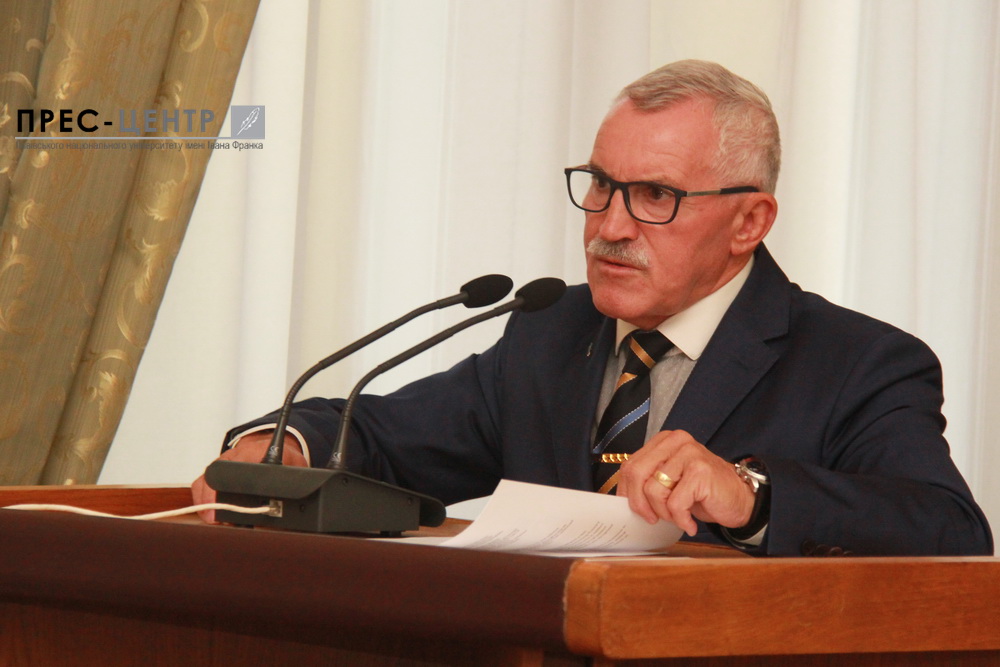
On 12-13 October 2016, an International Scientific Conference “New Challenges to International Security in Central and Eastern Europe” took place at the Faculty of International Relations in Ivan Franko National University of Lviv.
During the conference, leading Ukrainian and Polish experts in international relations analysed the main threats Europe currently faces in the context of recent events in the geopolitical arena of the world. In particular, they spoke about the NATO Summit in Warsaw and the prospects that it opens up for Ukraine.
General Mieczyslaw Bieniek, Deputy Commander of the NATO’s Strategic Forces (US) (2010-2013), Representative of Poland to NATO (2009-2010) during the Warsaw summit on the Ukrainian issue, said that the emphasis was made on two important issues, “independent, sovereign and stable Ukraine that is firmly committed to democracy and the rule of law is a key to Euro-Atlantic security” and “NATO’s firmness in its support of Ukraine’s sovereignty and territorial integrity within its internationally recognised borders and the right to decide its future and foreign policy, free from outside interference.”
According to Mieczyslaw Bieniek, NATO understands that at present Ukraine is the only country in the world that has a unique experience of confronting one of the most powerful militarily countries in the world.
In addition, the researchers analysed the changes in the security environment in Europe in the context of events in Ukraine and the impact of these events on the security of Poland and other countries of the region. The participants of the conference paid particular attention to the problems arising from the spread of terrorist threats and increase in the number of local armed conflicts as well as the need to rethink the role of international security institutions in the world.
An important aspect of the conference was research in the field of information security, the significance of which becomes more and more relevant under the conditions of hybrid war and often aggressive campaigning, which is an integral part of military operations in the XXI c.
The participants of the conference actively discussed another range of issues, such as identity conflicts as a challenge to security in Central and Eastern Europe, rethinking security environment in the context of integration processes and problems of peaceful coexistence, security and human rights in the modern world.
Also, the scholars focused their attention on environmental aspects of safety in modern countries and socio-demographic aspects of international conflicts.